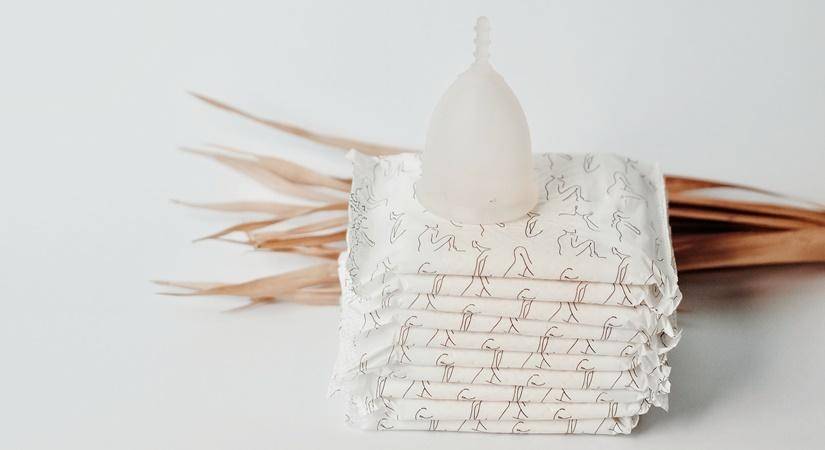Every patient has a unique experience with frozen shoulder. Early appropriate intervention can reduce the severity of your personal case…writes Dr Biren Nadkarni
A Frozen shoulder is a disorder that causes stiffness and discomfort in the shoulder joint. Frozen shoulder, also known as adhesive capsulitis, occurs when the connective tissue around the shoulder joint becomes swollen and rigid. It’s a painful disorder that causes a reduction in shoulder range of motion without any indications of arthritis.
This inflammation can make it difficult to do everyday tasks, and as the illness progresses, your discomfort and stiffness grow progressively more debilitating.
What exactly is frozen shoulder?
Shoulders are made up of bones, ligaments, and tendons that are wrapped in a connective tissue capsule. When the capsule around the shoulder joint thickens and tightens, it gradually restricts movement. The condition usually occurs in three distinct stages:
Freezing Stage
This happens between six and nine months. Your shoulder hurts to move, and you’ve lost a lot of range of motion.
Frozen Stage
This period lasts four to twelve months, during which time your pain may become more bearable, but your mobility may deteriorate as your stiffness develops.
Thawing Stage
You may notice that your mobility improves and that you may resume numerous tasks six months to many years following the beginning of symptoms.
Every patient has a unique experience with frozen shoulder. Early appropriate intervention can reduce the severity of your personal case.
Link between Diabetes and Frozen Shoulder
The higher your risk, the older you are or the longer you have had diabetes. Because uncontrolled blood sugar levels can alter collagen, a crucial protein that makes up your connective tissue, people with diabetes are more likely to develop frozen shoulder.
When sugar attaches to collagen, it becomes sticky, restricting mobility and causing your shoulder to stiffen. When you try to work through the stickiness, you will experience mild to severe pain. In certain circumstances, moving your shoulder is impossible.
What are the other risk factors?
If your shoulder is immobilised for an extended period of time, such as when it is in a cast, you run the risk of getting frozen shoulder. After an injury, such as a rotator cuff tear, the disease can also develop.
Women are more prone to frozen shoulder than males, those between the ages of 40 and 60 are the most likely to get it.
Diagnose and Prevention
Frozen shoulder can be diagnosed only on the basis of signs and symptoms. A physician, on the other hand, would usually make the diagnosis by examining your active range of motion (by asking you to move your shoulder) as well as your passive range of motion (by moving your arm for you).
Unfortunately, there is no way to guarantee that frozen shoulder will not occur. However, remember that the greatest protection is to keep your blood sugars as low as possible.
Beyond that, maintaining a regular stretching and physical exercise programme is critical to maintaining your shoulder’s range of motion.
Remember that while you can’t predict whether or not you’ll develop frozen shoulder, you can put yourself in the best possible situation.
Treatment for Frozen shoulder
Most patients will, of course, choose non-operative therapies initially, such as physical therapy and non-steroidal anti-inflammatory drugs.
Some people choose for steroid injections to relieve joint discomfort and enhance range of motion, but keep in mind that if you have diabetes, they might cause dangerously high blood sugars that can last up to a week, so talk to your doctor first.
For the most part, these measures should be effective. If symptoms do not improve, more extensive procedures such as open capsular release or arthroscopic surgery (together with physical therapy) may be considered.
A few pointers on how to deal with a frozen shoulder
While frozen shoulders are common among diabetics, there are some things you may do to avoid or treat them.
* Maintain as close to normal blood sugar levels as possible.
* Before you acquire frozen shoulder, exercise and stretch your shoulders on a regular basis.
* Anti-inflammatory medications can be used to relieve pain.
* Strengthen your shoulder and enhance range of motion with the help of a physical therapist.
* If nothing else works, surgery may be an option.
* Don’t wear a shoulder sling or cease using your arm entirely.
A frozen shoulder can be uncomfortable and restrict many of your everyday activities, but the good news is that with proper treatment, the disease usually resolves.
(Dr. Biren Nadkarni,Sr. Consultant Orthopedic and Joint Replacement Surgeon)
ALSO READ-Quick visa guide for travellers planning for summer holidays














